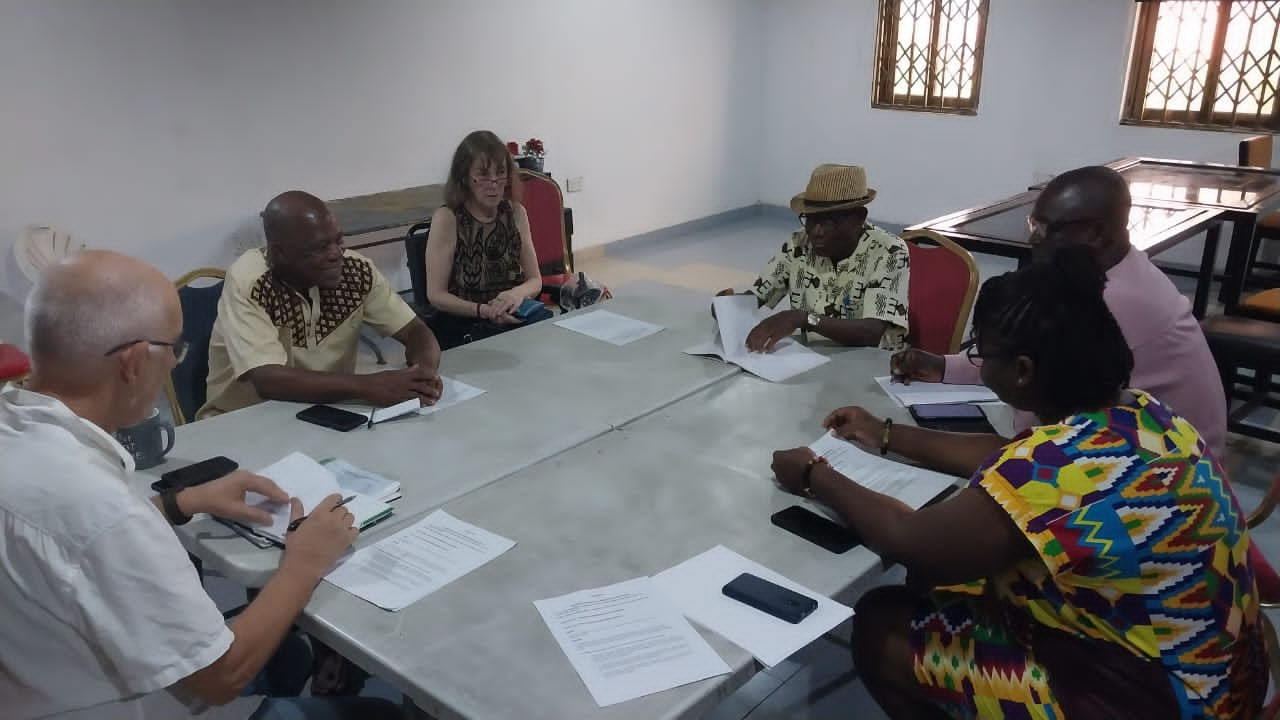DEVELOPMENT OF HOMEOPATHY IN AFRICAN COUNTRIES
Overview: The status of homeopathic medicine varies from country to country. In Sub Saharan Africa, it is most developed in South Africa, where homeopathy is a recognized profession, practiced by both physicians and professionally trained practitioners.
There are two professional programmes in South Africa, one in Johannesburg and the other in Durban. The school in Johannesburg is focused more on naturopathic techniques and combination style homeopathy, whereas the Durban school has a more classical/traditional orientation. However, the practice of homeopathy has also suffered from global attacks on homeopathy and other alternative medicine over the years. This has had most impact in the United States and Europe but various African countries are not immune to these attacks.
Neighbouring Swaziland/Eswatini has an active homeopathic group, the Swaziland Homeopathy Project and homeopathy is legally allowed to be practiced in the country by all practitioners.
A new medical bill in the last years threatened to subsume both alternative and traditional therapies under its statute, basically outlawing alternative and traditional medicines. However, homeopathy was excluded from this act after intervention from the Swaziland Homeopathy Project and homeopathy is now unique in Eswatini in being exempt from this new medical act.
Traditional medicines (herbal practitioners) simply carry on their business as they are embedded in their own traditional culture, although in theory, they are now practicing traditional healing without a license

Traditional and Alternative Medicines in Africa
The following countries also have a somewhat active indigenous and imported homeopathic community, although it varies very much in each country: Tanzania, Kenya, Uganda, Ghana, Gambia and Nigeria. Other countries such as Zambia, Democratic Republic of Congo, Liberia and others have some homeopathic presence. In Tanzania, Kenya and Ghana, homeopathy is recognized and bracketed along with Traditional Medicines under a government body. In Ghana, a body known as the Traditional Medicine Practice Council (TMPC) is responsible for the registration of practitioners of all alternative and traditional medicines.
In Kenya, a new bill is seeking to regulate alternative and traditional medicine practitioners. However, in Kenya and most African countries, Traditional healers work outside of the medical system and in Kenya are registered under the Department of Culture, where they prefer to be, seeing themselves as part of the cultural tradition in the country and not wanting to be over regulated by allopathically focused medical bodies. Various African governments may want to regulate and ultimately control the practice of traditional medicine (which involves mostly herbs but also encompasses the use of “witchcraft” with some of the practitioners).
Therefore, those who use herbal medicines come from a wide range of backgrounds and offer a wide range of skills. There are also Traditional Birth Attendants and Traditional Bone Setters, amongst other healers outside of the mainstream medical system.

